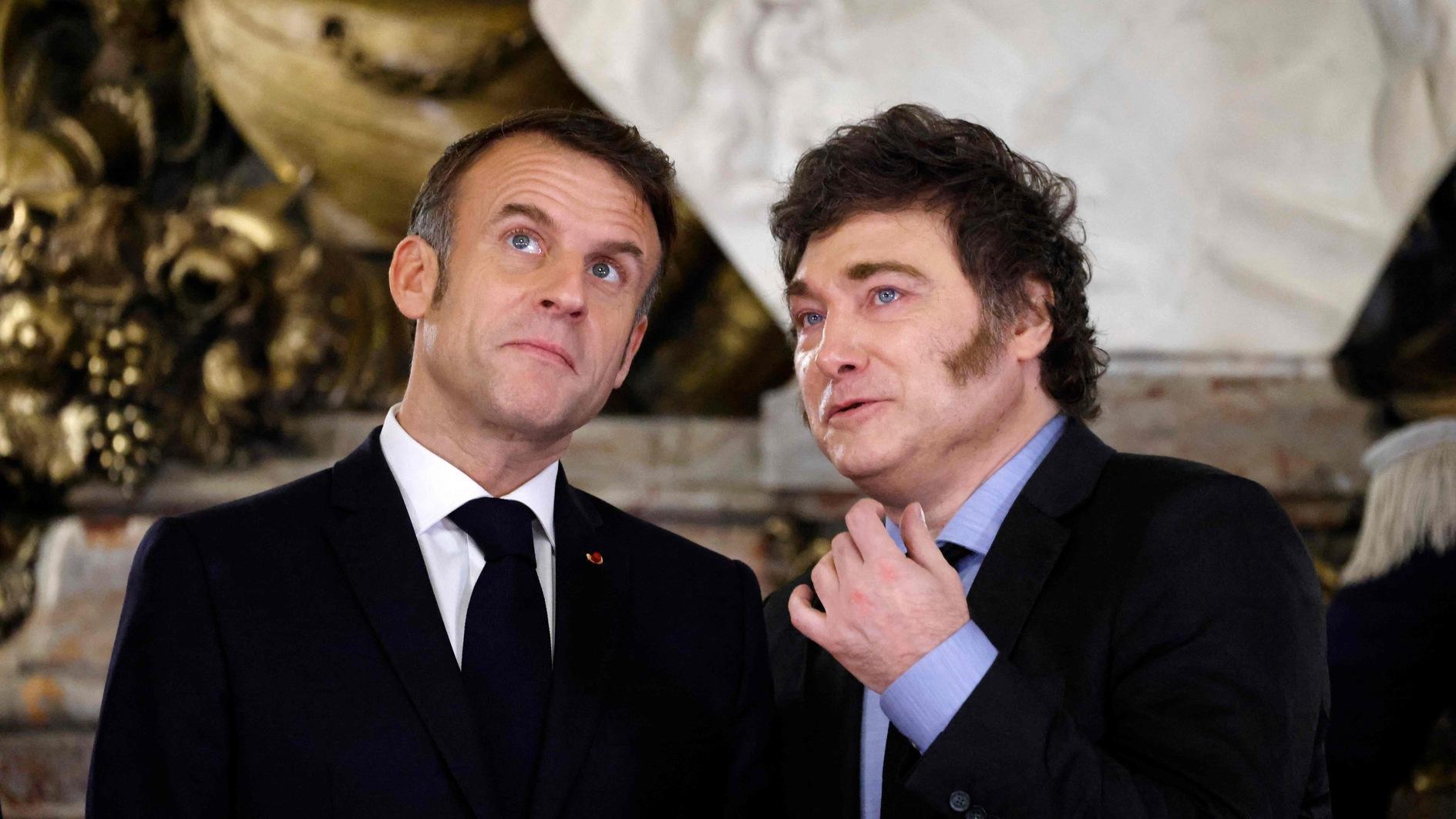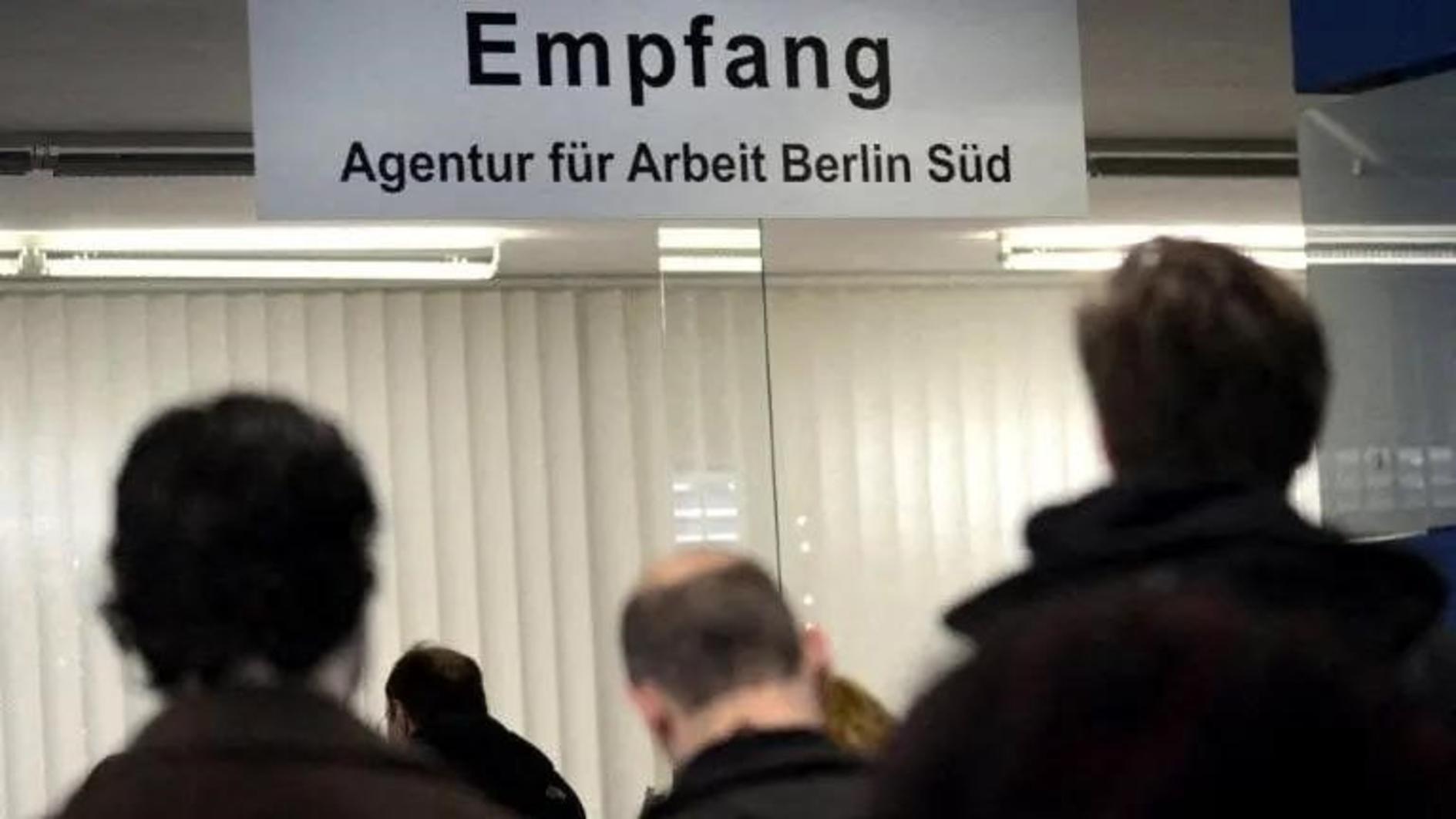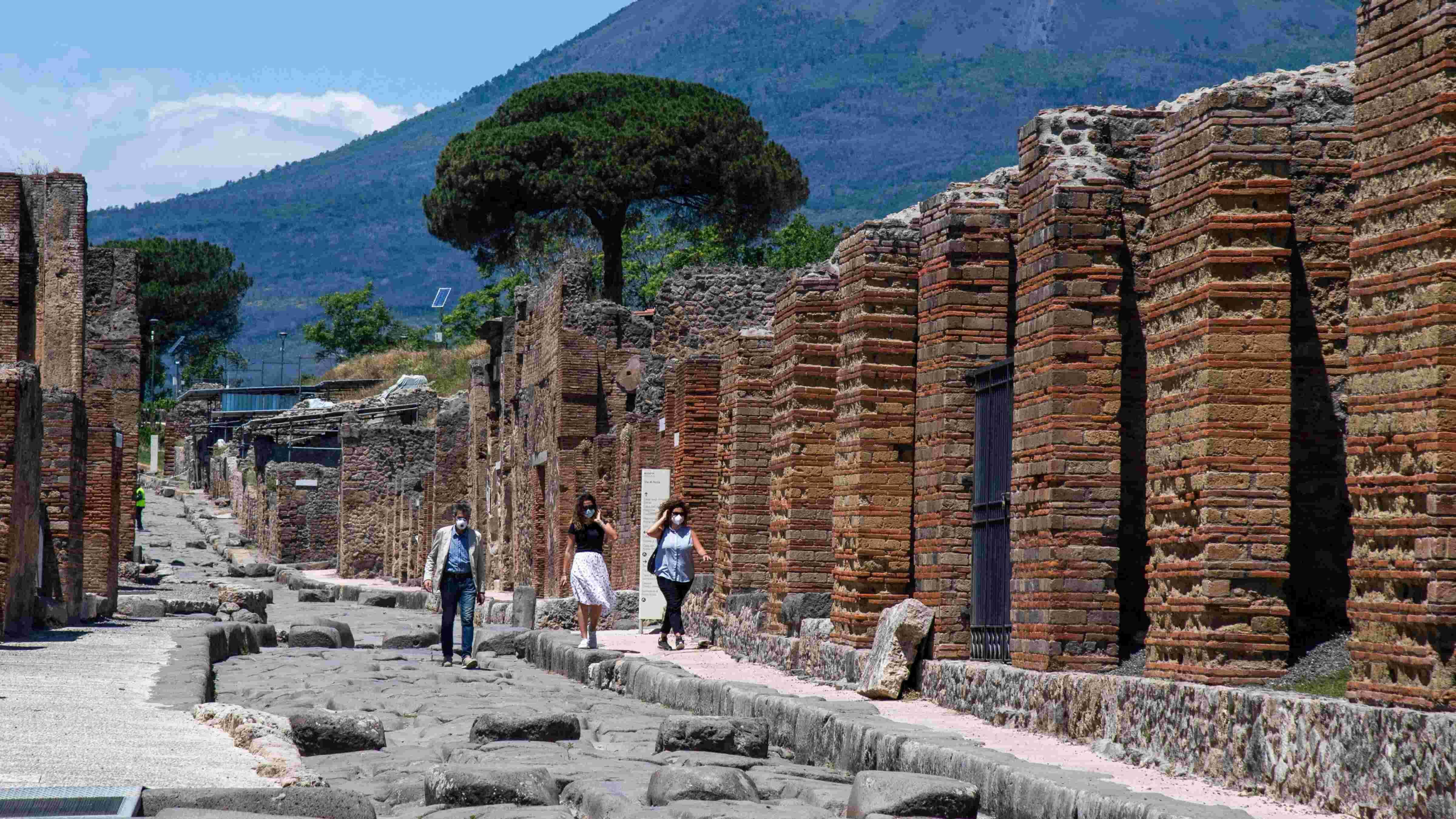Why the US and Turkey must reform public diplomacy
IVO SOBRAL - MERVE SEREN
In the new century, public diplomacy has become an indispensable diplomatic method for international actors, as well as a necessary part of states’ domestic and foreign policies in the national and international area. In this context, 2012 will probably be a very important year for the U.S. and Turkey, because they have both been selected by NATO’s Public Diplomacy Division to implementing all of the organization’s capability for public policy. Turkey’s increasing credibility and influence in the Middle East and the U.S.’s historic background as a democracy exporter and a promoter of freedom creates a unique opportunity for a new public diplomacy.Did the 9/11 tragedy mean the end of public diplomacy, which had been the best expression of soft power in use since the 1990s? At first, the “war on terror” appeared to support this idea, because military force was used. The unexpected difficulties confronted by military forces in Afghanistan and Iraq have suggested the failure of hard power, and justified the need for a more comprehensive and sensible approach, and the idea of using soft power as a complement to hard power has arisen. Therefore, under the banner of “winning Muslims’ hearts and minds” there has been an increase in public diplomacy activities all around the world, especially in the Middle East.
There is also a search inside NATO for ways to mend fences with the Islamic world, damaged after 9/11. Human security has begun to take precedence over terrorism in NATO’s threat perceptions. The principled support which NATO has given to the Arab Spring can best be explained in terms of the human security approach. In 2011, NATO produced a new intervention strategy, drawing on the lessons of its experience in Afghanistan. The NATO approach was based in not acting unilaterally, but developing close cooperation with the United Nations (U.N.), the Arab League, and the African Union.
Public diplomacy represents a good opportunity for the U.S. to repair its badly damaged image in the Muslim world. President Obama’s Turkey and Cairo speeches, White House Ramadan dinners, exchange student programs, and Public Diplomacy 2.0 program have all amounted to significant public diplomacy initiatives designed to erase misrepresentations of America around the world, but Washington still needs to improve its public diplomacy efforts to cultivate a better public opinion of the U.S. abroad.
Turkey also plays a crucial role under these circumstances as a bridge between Europe, Asia and the Middle East, with a prestigious geographical position, enjoying a good historical and cultural connection with the people of these countries. Turkey has mobilized its soft power potential both in Afghanistan and Libya, and its recent policy of “zero conflict with neighbors” and promoting “Muslim secular identity” offers the potential for more efficient cooperation and increasing credibility among its Balkan, Caucasus, Middle Eastern and Mediterranean neighbors. Ankara has also developed its own international cooperation policy, managing to maintain a balance between being a solid NATO alliance member while at the same time being a vibrant democratic state where Islam is dominant in the culture.
The U.S. and Turkey need to increase their efforts to implement a more effective public diplomacy. This is a necessity not only to support NATO’s vision and ideas, but also to rationalize the policies in the eyes of their own respective publics due to their national and regional interests. Certainly, these two countries have potential power, but they need to show it by using diplomatic mobility to serve the interests of local people.
In brief, the lack of public diplomacy creates a potential challenge for the effective implementation of the new security concept. Despite some failures, the fact is that people still trust and have expectations from NATO. Therefore, an effective public diplomacy is a prerequisite for NATO’s future vision, in order for it to regain its credibility as still continuing to be the world’s most powerful defense alliance. Consequently, NATO’s ambition to build a new relationship with the nations of the Middle East can pave the way for an invaluable partnership between the two sides.
*Ivo Sobral is Assistant Professor at Universidade Fernando Pessoa, in Portugal. Merve Seren is a Ph.D. Candidate in Turkey. Seren and Sobral are both members of the Atlantic Council Young Atlanticist NATO Summit and Working Group.











